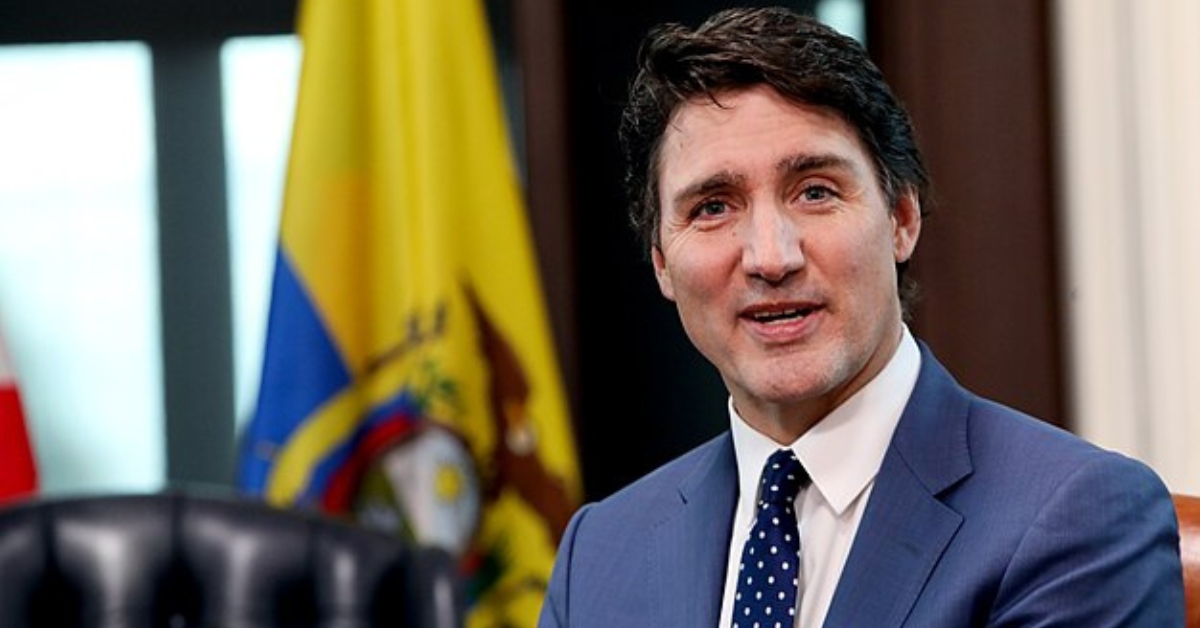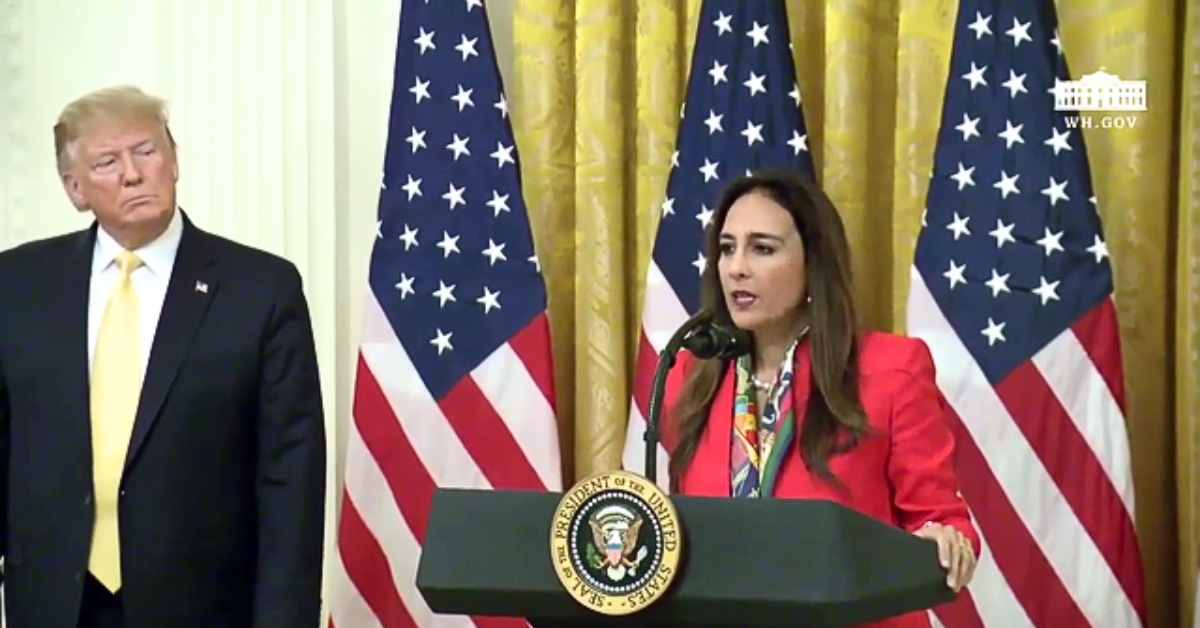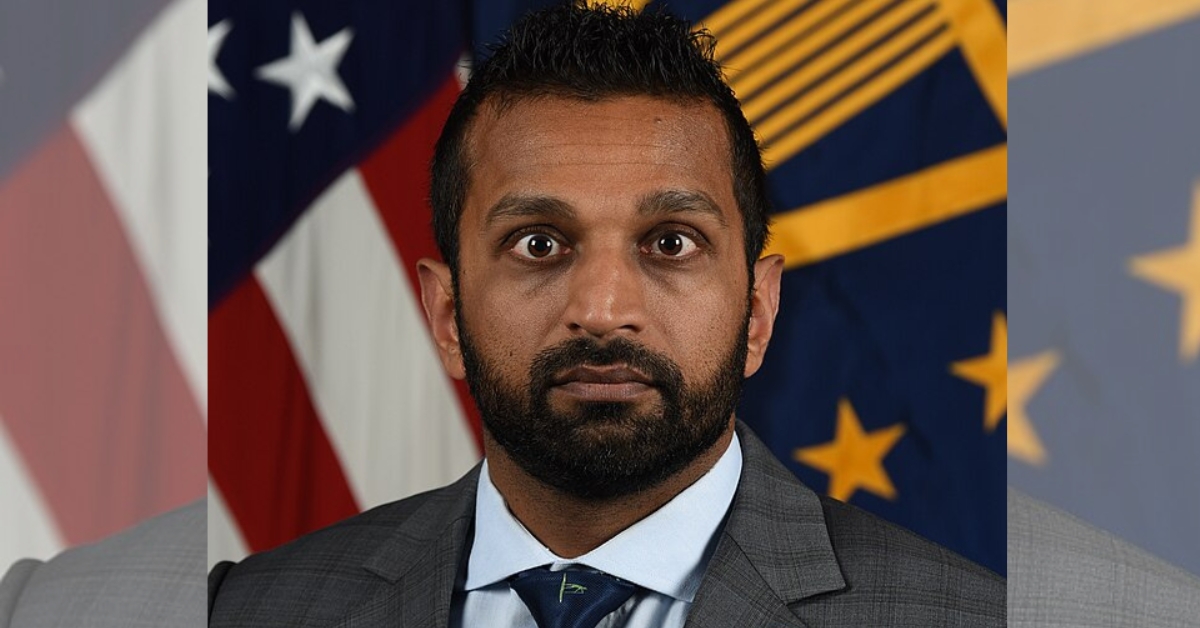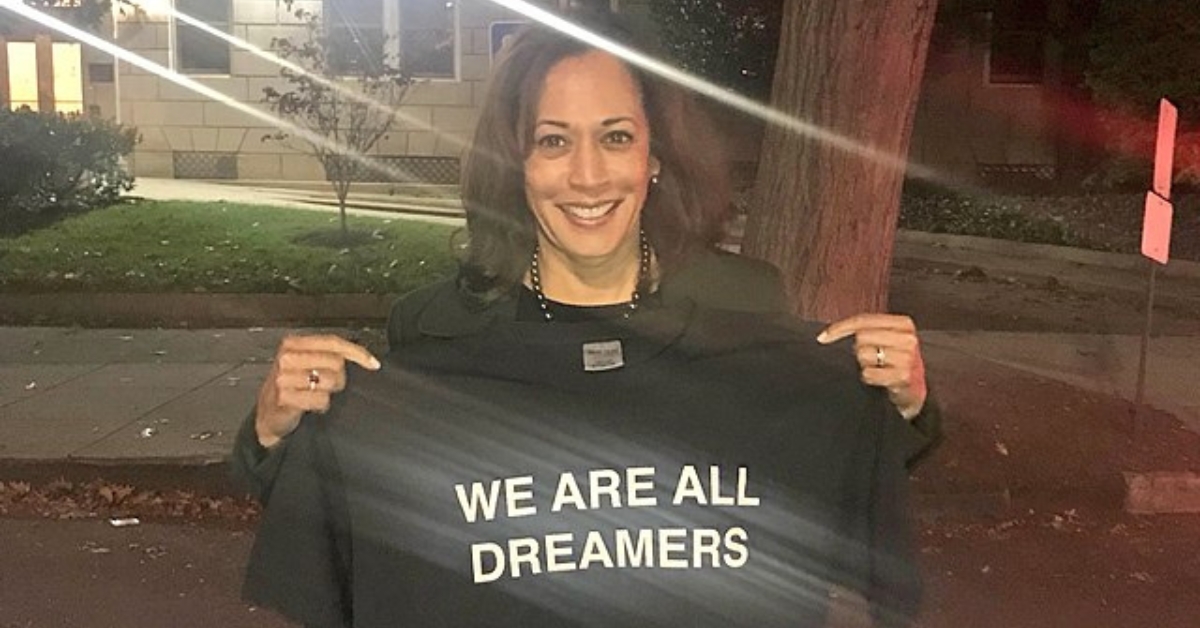
Iran Guilty of the Cyber Attacks Against Trump’s Campaign
The latest revelations about Iran’s alleged hack into former President Donald Trump’s 2024 campaign are a stark reminder of the precarious nature of modern elections. According to a joint statement from the FBI, the Office of the Director of National Intelligence (ODNI), and the Cybersecurity and Infrastructure Security Agency (CISA), it’s clear that foreign interference in American politics hasn’t waned; it’s evolved and become more brazen.
The FBI’s investigation has unearthed that not only Trump’s campaign but also other presidential campaigns have been targets of Iran’s cyber operations. This isn’t just a breach of privacy; it’s a direct assault on the sanctity of our electoral process. U.S. intelligence has noted a significant uptick in Iranian cyber activities aimed at sowing discord and influencing the outcome of the 2024 elections. Iran, in a typical fashion, has denied these allegations, calling them “unsubstantiated” and challenging the U.S. to produce evidence.
Iran’s motivations are hardly inscrutable. The Islamic Republic has harbored a grudge against Trump and his administration, particularly after the 2020 U.S. assassination of Gen. Qasem Soleimani, a revered figure in Iran and a key military leader. This backdrop makes the recent cyber attacks appear as part of Tehran’s broader strategy of retaliation and influence.
It’s Time We Take Iran’s Interference in Our Elections Seriously
It’s clear as day that Iran isn’t America’s ally. Reflecting on President Biden allowing Iranian elections to be held on U.S. soil juxtaposed with Iran’s meddling in our elections adds a layer of irony too thick to ignore. We need to stand firm against adversaries like Iran, not extend them courtesies that they exploit to undermine us. Iran’s bold interference in our political affairs isn’t just a slight against our policies—it’s a direct assault on our political integrity. This should be a wake-up call to bolster our cybersecurity defenses and scrutinize our electoral processes more closely, ensuring our democracy is safeguarded from such blatant and disrespectful intrusions.
The bigger picture here is alarming: foreign entities are willing to go to great lengths to tilt the scales in U.S. elections. This isn’t merely a security lapse; it’s a glaring indication of how international conflicts can manifest within the digital arenas of domestic politics. It’s imperative that the U.S. shores up its defenses, not just physically but also in the cybersphere, to ensure that the cornerstone of our democracy—free and fair elections—is not undermined by any nation, adversary or otherwise.














